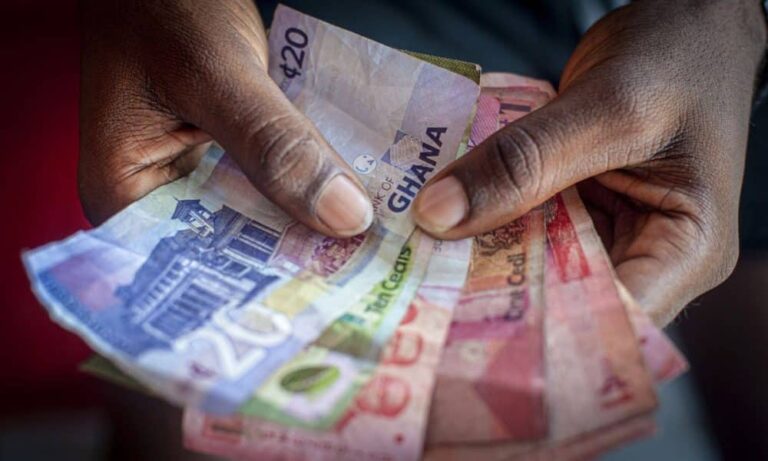
In a recent publication, the World Bank has revealed that Ghanaian Cedi was the worst-performing currency in the Sub-Saharan African region among its equals last year.
This is as the global bank revealed that the Nigerian currency, Naira, was devalued by 10.2 per cent in the year under review.
According to the global bank, the Naira value was mostly affected by the rising food and fuel prices which were responsible for high inflation in the country in 2022.
The world bank’s Africa’s Pulse report for April 2023 averred further that the Ghanaian cedi on its own lost 40 per cent of its value in 2022.
It stated that the currency has already lost 20 per cent of its value so far in 2023. Commenting on the naira, the bank said, “Other currencies with significant losses last year include those of Sudan (23.6 per cent), Malawi (20.7 per cent), The Gambia (14.6 per cent), and Nigeria (10.2 per cent).”
The report explained that rising food and fuel prices and the depreciation of the exchange rate were the main drivers of inflationary pressures in the region—particularly in countries like Ghana, Sudan, and Malawi.
The Washington-based bank noted that hiking monetary policy, with Nigeria increasing rates by 650 basis points, has not translated to a reduction in the inflation rate.
It stated that the reduced effectiveness of monetary policy could be attributed, among other factors, to persistent supply shocks driving inflation (say, commodity prices and climatic shocks), lack of central bank autonomy, foreign exchange distortions that widened parallel exchange rate market premia, and fiscal dominance.
World Bank predicted that at least 25 per cent of countries in the Sub-Saharan African region would suffer from two-digit inflation rates in 2023.
In February, headline inflation in Nigeria rose to 21.91 per cent, according to data from the National Bureau of Statistics (NBS), Naija News understands.
Nigeria is undoubtedly suffering from both high inflation and high budget deficits, according to the bank.
“About half of Sub-Saharan African countries face both high inflation (low monetary policy space) and wider fiscal deficits (low fiscal policy space).
“Notable cases include Ghana, Nigeria, Malawi, Zambia, and Burundi, among others,” the global bank noted.
In an earlier report, the Nigerian Economic Summit Group revealed that inflation weakened the naira by 14.9 per cent in 2022. According to the International Monetary Fund, the naira has been losing 10.6 per cent of its value annually since 1973.


